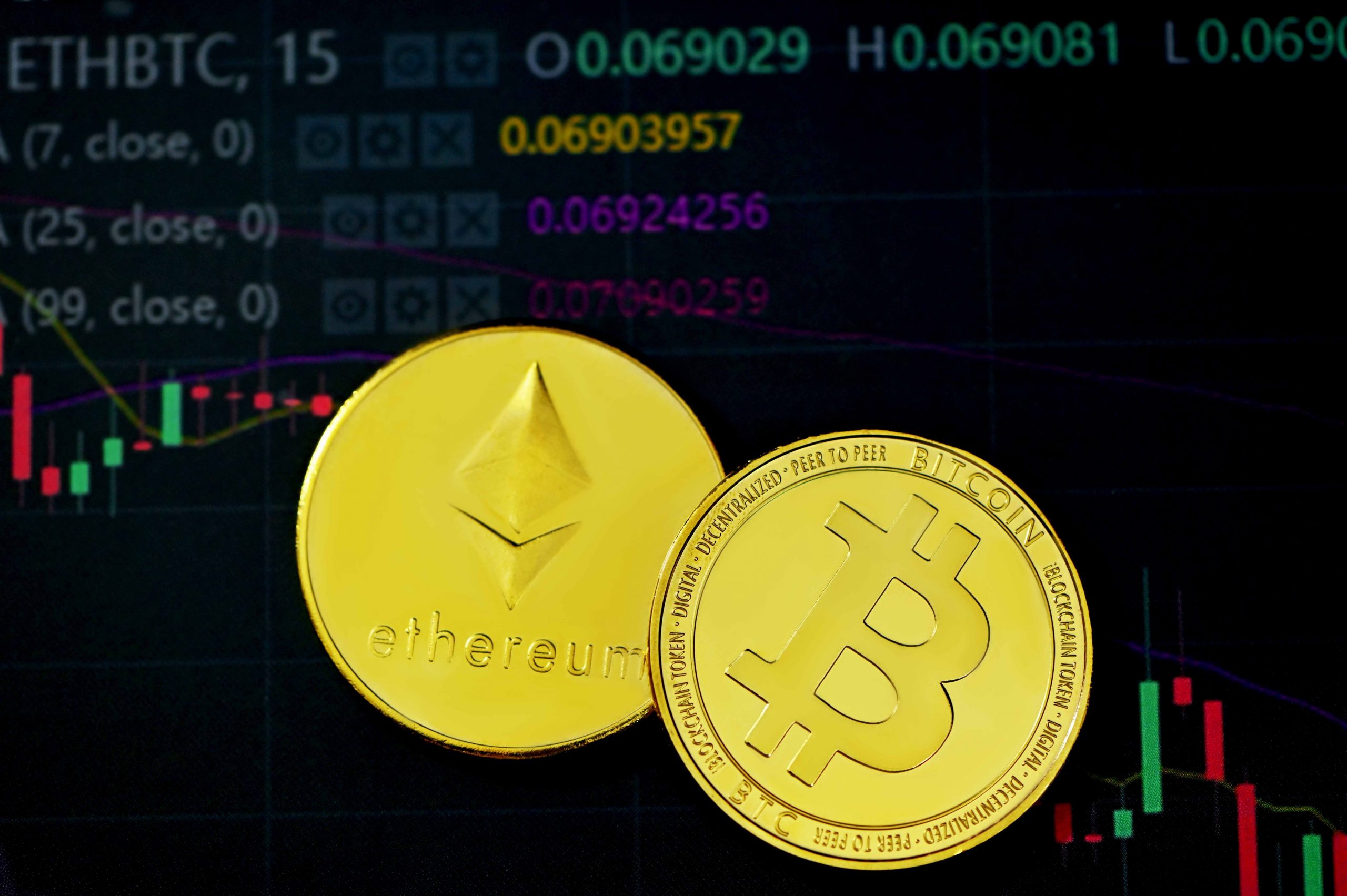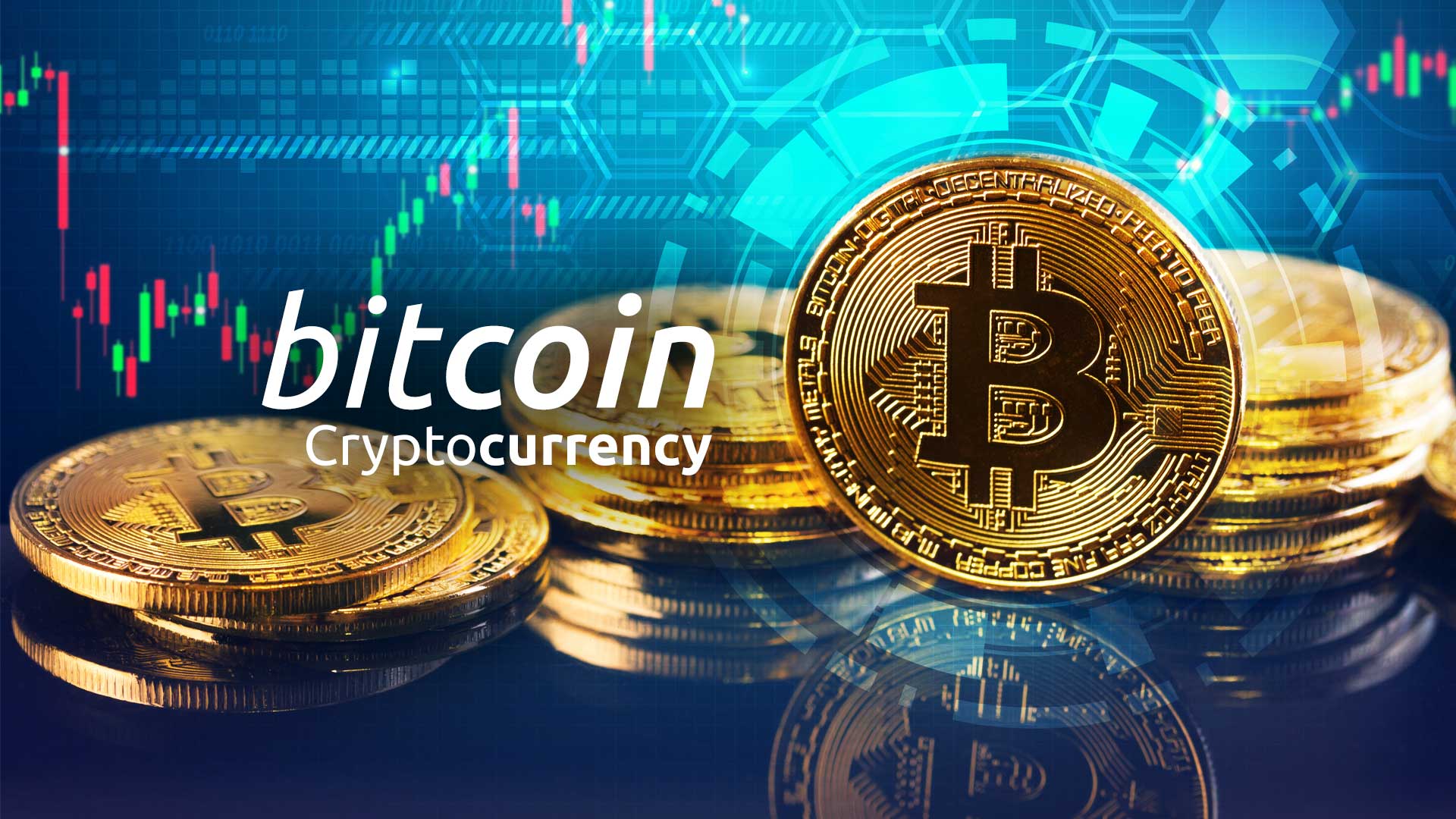What is cryptocurrency
In the dynamic world of digital currencies, there are several promising cryptos that have caught the attention of enthusiasts and investors alike. One such crypto is known for its high-speed transactions and scalability highway casino online. It’s often used in the gaming industry and has partnerships with several major companies in the tech industry.
To get a sense of whether digital coins might regain their momentum, we spoke to crypto experts to gather their thoughts about the coming year. That includes their opinions on the best cryptocurrencies of 2022 based on business cases and fundamentals. (Spoiler alert: No meme coins made this list.)
Here at CoinMarketCap, we work very hard to ensure that all the relevant and up-to-date information about cryptocurrencies, coins and tokens can be located in one easily discoverable place. From the very first day, the goal was for the site to be the number one location online for crypto market data, and we work hard to empower our users with our unbiased and accurate information.
Binance Coin (BNB) is a form of cryptocurrency that you can use to trade and pay fees on Binance, one of the largest crypto exchanges in the world. Since its launch in 2017, Binance Coin has expanded past merely facilitating trades on Binance’s exchange platform. Now, it can be used for trading, payment processing or even booking travel arrangements. It can also be traded or exchanged for other forms of cryptocurrency, such as Ethereum or bitcoin.

Bitcoin cryptocurrency
On 18 March 2013, the Financial Crimes Enforcement Network (or FinCEN), a bureau of the United States Department of the Treasury, issued a report regarding centralized and decentralized “virtual currencies” and their legal status within “money services business” (MSB) and Bank Secrecy Act regulations. It classified digital currencies and other digital payment systems such as bitcoin as “virtual currencies” because they are not legal tender under any sovereign jurisdiction. FinCEN cleared American users of bitcoin of legal obligations by saying, “A user of virtual currency is not an MSB under FinCEN’s regulations and therefore is not subject to MSB registration, reporting, and recordkeeping regulations.” However, it held that American entities who generate “virtual currency” such as bitcoins are money transmitters or MSBs if they sell their generated currency for national currency: “…a person that creates units of convertible virtual currency and sells those units to another person for real currency or its equivalent is engaged in transmission to another location and is a money transmitter.” This specifically extends to “miners” of the bitcoin currency who may have to register as MSBs and abide by the legal requirements of being a money transmitter if they sell their generated bitcoins for national currency and are within the United States. Since FinCEN issued this guidance, dozens of virtual currency exchangers and administrators have registered with FinCEN, and FinCEN is receiving an increasing number of suspicious activity reports (SARs) from these entities.
A fork, referring to a blockchain, is defined variously as a blockchain split into two paths forward, or as a change of protocol rules. Accidental forks on the bitcoin network regularly occur as part of the mining process. They happen when two miners find a block at a similar point in time. As a result, the network briefly forks. This fork is subsequently resolved by the software which automatically chooses the longest chain, thereby orphaning the extra blocks added to the shorter chain (that were dropped by the longer chain).
The Electronic Frontier Foundation, a non-profit group, started accepting bitcoins in January 2011, then stopped accepting them in June 2011, citing concerns about a lack of legal precedent about new currency systems. The EFF’s decision was reversed on 17 May 2013 when they resumed accepting bitcoin.

On 18 March 2013, the Financial Crimes Enforcement Network (or FinCEN), a bureau of the United States Department of the Treasury, issued a report regarding centralized and decentralized “virtual currencies” and their legal status within “money services business” (MSB) and Bank Secrecy Act regulations. It classified digital currencies and other digital payment systems such as bitcoin as “virtual currencies” because they are not legal tender under any sovereign jurisdiction. FinCEN cleared American users of bitcoin of legal obligations by saying, “A user of virtual currency is not an MSB under FinCEN’s regulations and therefore is not subject to MSB registration, reporting, and recordkeeping regulations.” However, it held that American entities who generate “virtual currency” such as bitcoins are money transmitters or MSBs if they sell their generated currency for national currency: “…a person that creates units of convertible virtual currency and sells those units to another person for real currency or its equivalent is engaged in transmission to another location and is a money transmitter.” This specifically extends to “miners” of the bitcoin currency who may have to register as MSBs and abide by the legal requirements of being a money transmitter if they sell their generated bitcoins for national currency and are within the United States. Since FinCEN issued this guidance, dozens of virtual currency exchangers and administrators have registered with FinCEN, and FinCEN is receiving an increasing number of suspicious activity reports (SARs) from these entities.
A fork, referring to a blockchain, is defined variously as a blockchain split into two paths forward, or as a change of protocol rules. Accidental forks on the bitcoin network regularly occur as part of the mining process. They happen when two miners find a block at a similar point in time. As a result, the network briefly forks. This fork is subsequently resolved by the software which automatically chooses the longest chain, thereby orphaning the extra blocks added to the shorter chain (that were dropped by the longer chain).
Cryptocurrency wallet
SafePal Wallets offer a strong balance of security and affordability. They supporting a wide range of cryptocurrencies across blockchains. These wallets also come integrated with DApps and DeFi protocols. Its companion mobile app allows for easy asset management, while private keys remain securely stored offline. This combination of accessibility and security makes it a solid choice for users at all levels.
Frank Corva is business-to-business (B2B) correspondent for Bitcoin Magazine and formerly the cryptocurrency writer and analyst for digital assets at Finder. Frank has turned his hobby of studying and writing about crypto into a career with a mission of educating the world about this burgeoning sector of finance. He worked in Ghana and Venezuela before earning a degree in applied linguistics at Teachers College, Columbia University. He also taught writing and entertainment business courses in Japan and worked with UNICEF in Namibia before returning to the US to teach at universities in New York City. Earlier in his career, he spent years working as a publicist and graphic designer for record labels like Warner Music Group and Triple Crown Records. During that time, he was also a music journalist whose writing and photography was in published in Alternative Press, Spin and other outlets. See full bio
That said, if you buy crypto through a broker you may not be able to actually hold it yourself, what enthusiasts call “self-custodying.” A brokerage such as Robinhood or Webull will hold it until you’re ready to sell it, and you will not be able to move it “off-chain” in your own digital wallet or otherwise transact in the cryptocurrency. You’ll have to convert it to dollars before spending it.
Whether you prefer a desktop, mobile, browser, exchange, or hardware wallet, you’ll find that all your favorite assets receive wide support. Using our guide above, we’re confident you’ll find the wallet that best suits your needs.